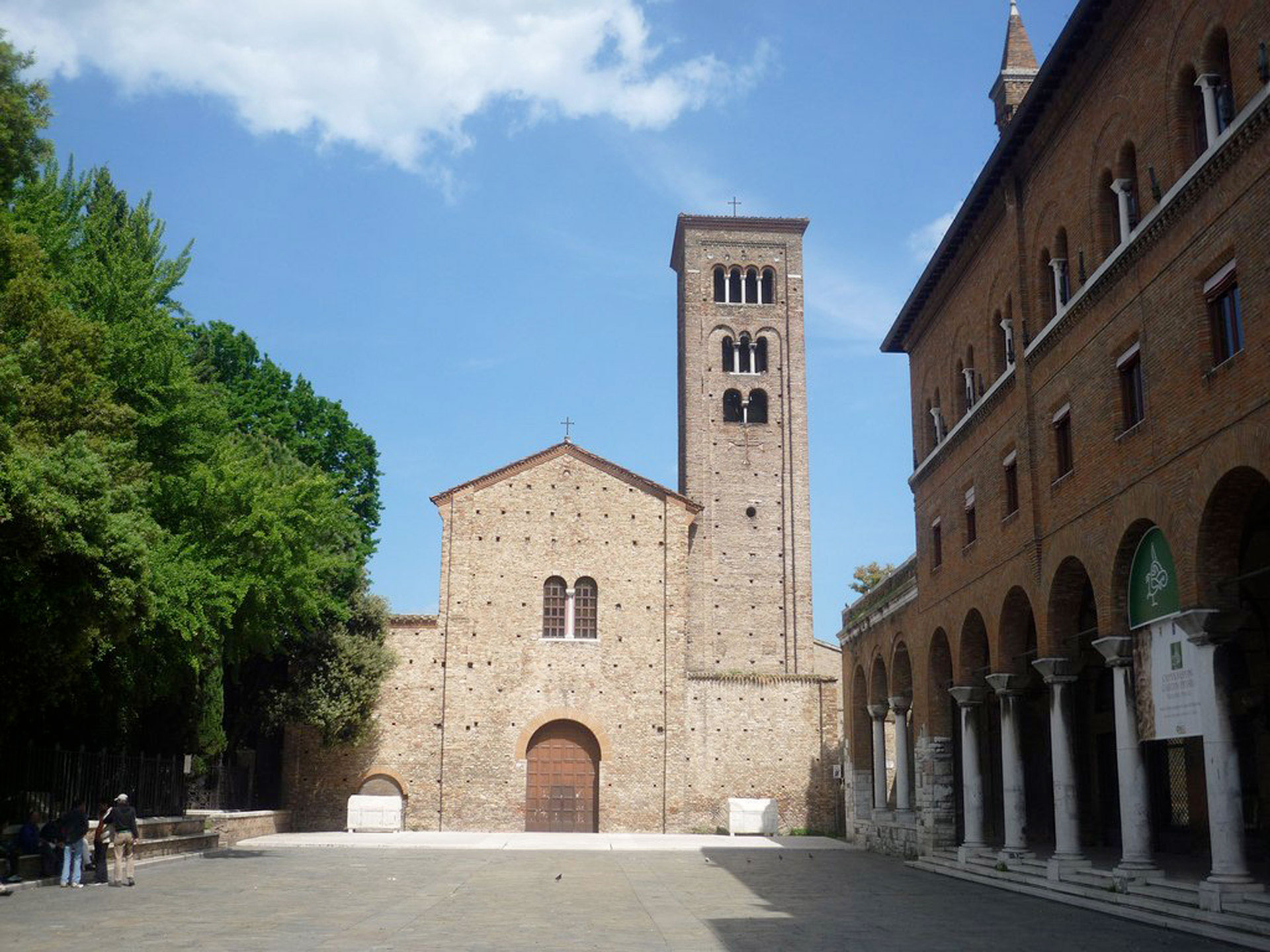© Luca Concas
Dante Vespers
Dante and the Troubadours
the 7th terrace
Enea Sorini vocals, psaltery, percussions
Peppe Frana oud, guinterna
music by Folquet de Marselha, Arnaut Daniel, Bernart de Ventadorn, Raimbaut de Vaqueiras
Berenguier de Palazol, Guiraut de Bornehl, Raimon de Miraval e altri
A common thread runs from the Supreme Poet to the tradition of Provençal troubadours, as shown by Arnaut Daniel, praised in the Comedy, by the references to Guiraut de Bornehl and Folquet de Marselha in Convivio and De Vulgari Eloquentia, as well as Ventadorn, possibly recalled in Paradiso. Choosing from their repertoire, Enea Sorini and Peppe Frana now propose songs of courtly love whose erotic-naturalistic metaphors would have caused Dante a conflict between aesthetics and morals (see how the lustful Arnaut is doing penance in Purgatory). The influence of troubadours persisted in Florence also after Dante’s death, in monodic ballads and in the surprising technique of sehnal, a disguided dedication where the name of the dedicatee is hidden in the beginning of the final stanza.


